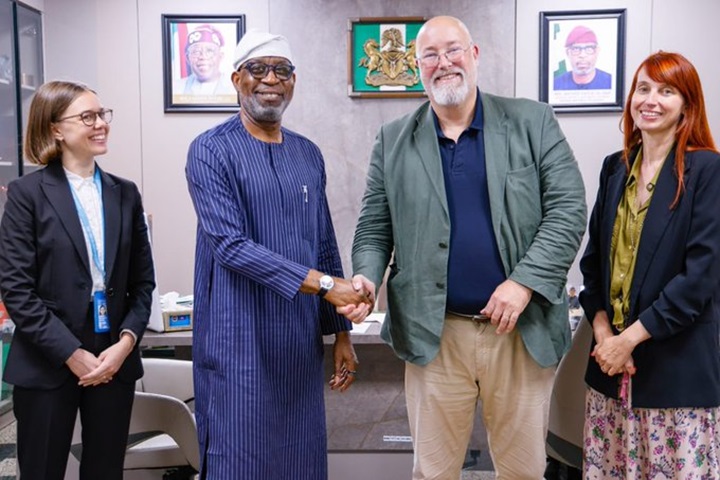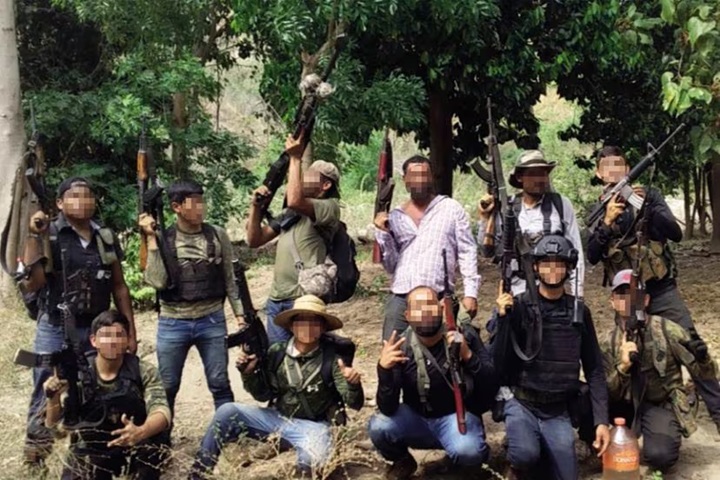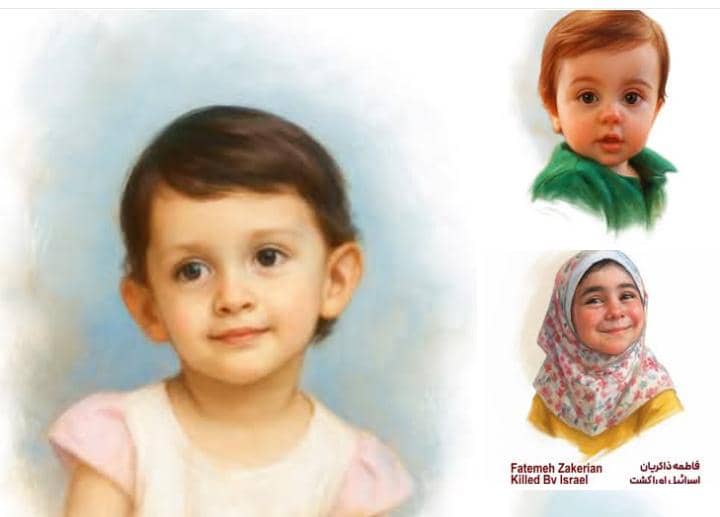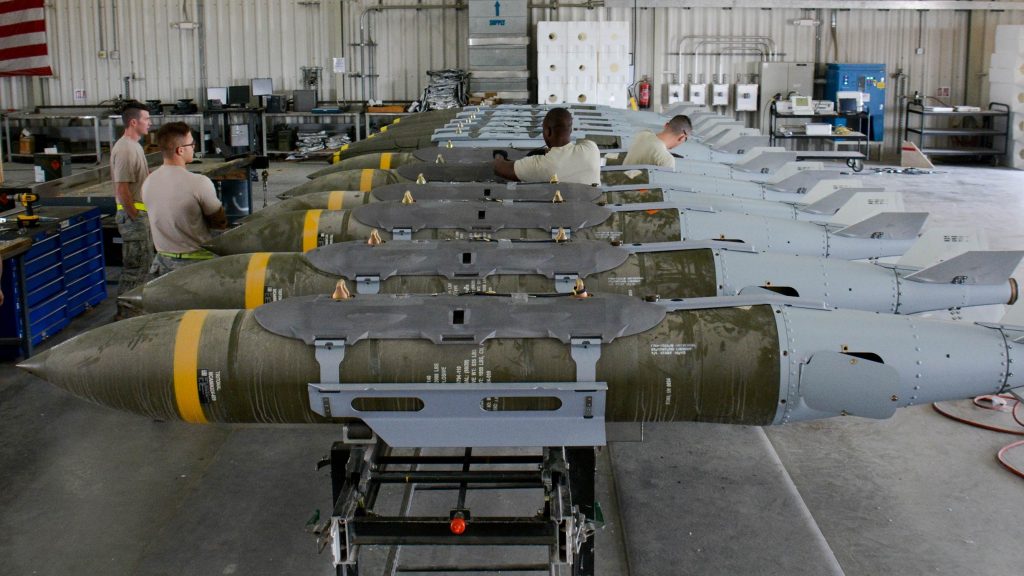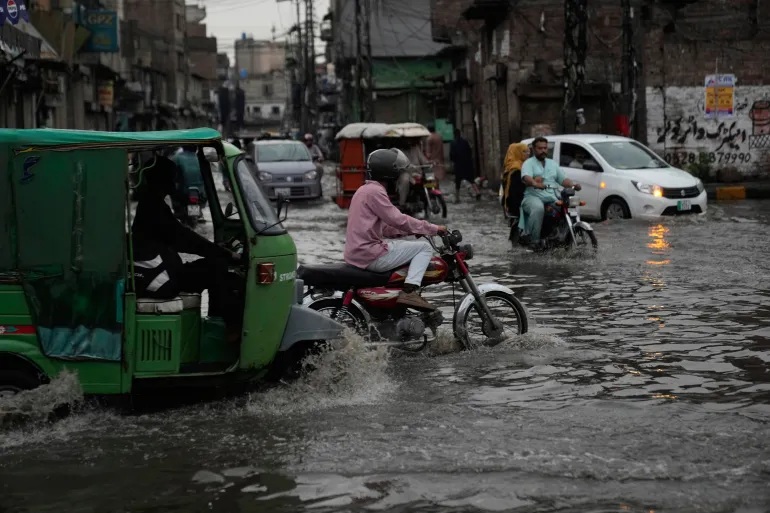Africa
Africans in Lebanon stranded amid Israeli military bombardment

Amidst the escalating conflict between Israel and Lebanon, thousands of African migrants find themselves stranded, struggling to survive in a war-torn land.
The situation is dire, with limited resources and no clear path to safety, their futures hang precariously in the balance.
Many Africans arrived in Lebanon seeking better opportunities, fleeing conflict, poverty, or persecution in their home countries.
A Reality of Despair
For Aisha, a 25-year-old Nigerian student, the dream of a better life in Lebanon has turned into a nightmare.
“I came to Lebanon thinking I’d find work and send money back home,” she says. “But now, I’m struggling to survive. No job, no money. And with the war, it’s become even harder.”
Aisha’s story is not unique. Thousands of Africans in Lebanon face similar challenges, struggling to make ends meet in a country plagued by conflict.
*Caught in the crossfire
The Israeli attacks on Lebanon have exacerbated the situation, leaving African migrants vulnerable to exploitation and violence.
“We’re not just migrants, we’re human beings,” insists Fatoumata, a 28-year-old Guinean. “We deserve protection and safety.”
The conflict has disrupted the already fragile lives of African migrants, leaving many without access to basic necessities.
*Humanitarian crisis deepens
The conflict has displaced thousands, including African migrants, and left many without access to basic necessities like healthcare, food, and shelter.
“The situation is dire,” says a UNHCR spokesperson. “We’re working tirelessly to provide assistance, but more needs to be done.”
The humanitarian crisis is compounded by the lack of resources and infrastructure to support the displaced populations.
African migrants’ plight
African migrants in Lebanon face numerous challenges, including limited access to healthcare, inadequate shelter, insufficient food, lack of protection, and uncertainty about their future.
Many live in constant fear of arrest, detention, and deportation. “We’re treated like ghosts,” says Abdul, a 30-year-old Somali. “No one wants to help us. We’re invisible.”
International response
The international community has begun to take notice. Organizations like the UNHCR, IOM, and ICRC are working to provide assistance.
“We’re doing our best to support these vulnerable individuals,” says an IOM spokesperson. “But more needs to be done.”
The international community must act swiftly to address the humanitarian crisis facing African migrants in Lebanon.
Way forward?
As the conflict continues, the fate of thousands of African migrants remains uncertain.
Possible solutions include humanitarian corridors for safe evacuation, increased access to basic services, international cooperation for repatriation or resettlement, and emergency aid packages.
For Diaspora Digital Media Updates click on Whatsapp, or Telegram. For eyewitness accounts/ reports/ articles, write to: citizenreports@diasporadigitalmedia.com. Follow us on X (Fomerly Twitter) or Facebook



